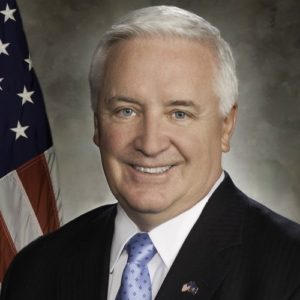Medicaid Expansion Would Save PA Money, Report Says
Expanding Pennsylvania’s Medicaid program as provided for under the Affordable Care Act would increase federal spending in the state by $3.2 billion, save the state $220 million a year, and increase tax revenue another $215 million a year, according to a new analysis by the state’s Independent Fiscal Office.
The projected savings and spending cover the years 2016 through 2021.
The Independent Fiscal Office was created in 2010 to develop revenue projections and analyze fiscal, economic, and budget issues.
Find links to the report, a press release, and a fact sheet here , on the Independent Fiscal Office’s web site.
, on the Independent Fiscal Office’s web site.






